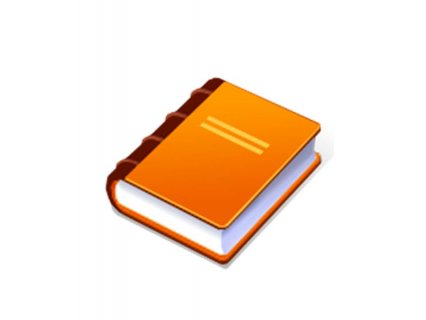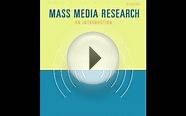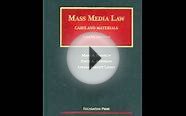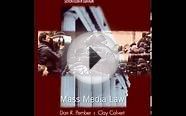
Mass Media Books
Mass communication is a term, which refers to the different methods used by individuals and institutions to disseminate information and distribute content to certain parts of the population at the same time through the mass media. Mass communication, in fact, is the product of mass media entities. It incorporates different functions, among which are the functions of a mediator, a transmitter, a data provider, a data gatherer, a maintainer and a supporter, as defined by Mary Cassata and Molefi Asante in Mass Communication: Principles and Practices.
Mediators multiply messages, these come in the form of newspapers, radio stations, television, magazines, books, films and the Internet. Whilst transmitters - telegraph, telephone and satellite systems – are known to transfer information from one place to another. Data providers, such as libraries, computer services and data banks, give access to the public to information. Data gatherers are those who collect opinions and information for research, whilst maintainers "operate as service and installation units in the knowledge industry". The entities that provide expertise and staff to the knowledge industry execute the function of supporters.
Mass communication consists of five basic components; those of reproduction, circulation, feedback, support and ownership. To reach the masses information needs to be reproduced in a certain format, otherwise it would not be considered ‘mass, ' but only ‘communication.' For example, newspapers, magazines and journals reproduce information in a printed form, whilst radios amplify "the human voice for hundreds or thousands of people at the same time" and television reproduces not only the human voice but also the human image.
Reproduction comprises of five elements: words, picture symbols, color, sound and action, according to Cassata and Asante. Next to reproduction is circulation which helps information reach its audience; a larger circulation usually means increasing profits for the media.
Early newspapers used to rely on subscribers and advertising to continue their existence. However, in the beginning of the 20th century only literate people had access to newspapers and magazines which created a gap between those able to read and those unable to do so. As a result, the illiterate public at that time was, to a large extent, discriminated against. Later on, with the launch of radio and television and the supply of electricity to most households, illiteracy was no longer a barrier for those willing to gain knowledge but unable to read.
After mass messages reach their receivers they get certain feedback or response by the public. Although obtaining the public's reaction is a difficult task given that receivers have to first read, listen or view certain content, then write letters or emails and send them to editors. The down side is that often people are not certain to who they should direct their feedback to, whilst media could not publish or broadcast all letters or emails they have received. In theory, feedback is determined by the type of messages the public gets from newspapers, radios, movies and television.
You might also like












